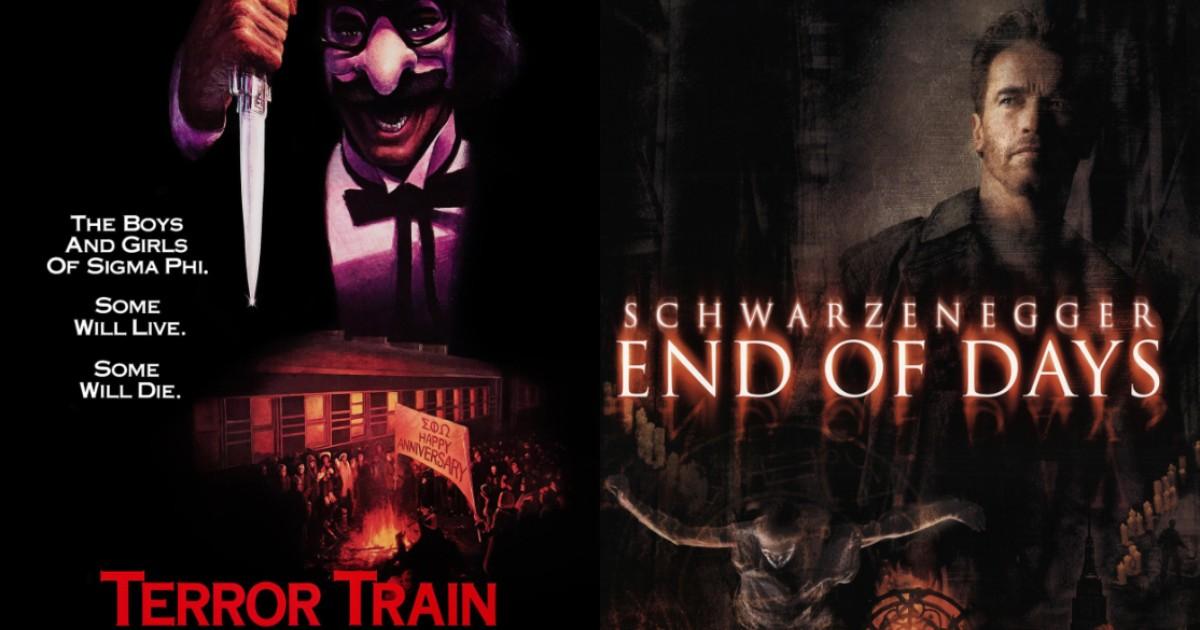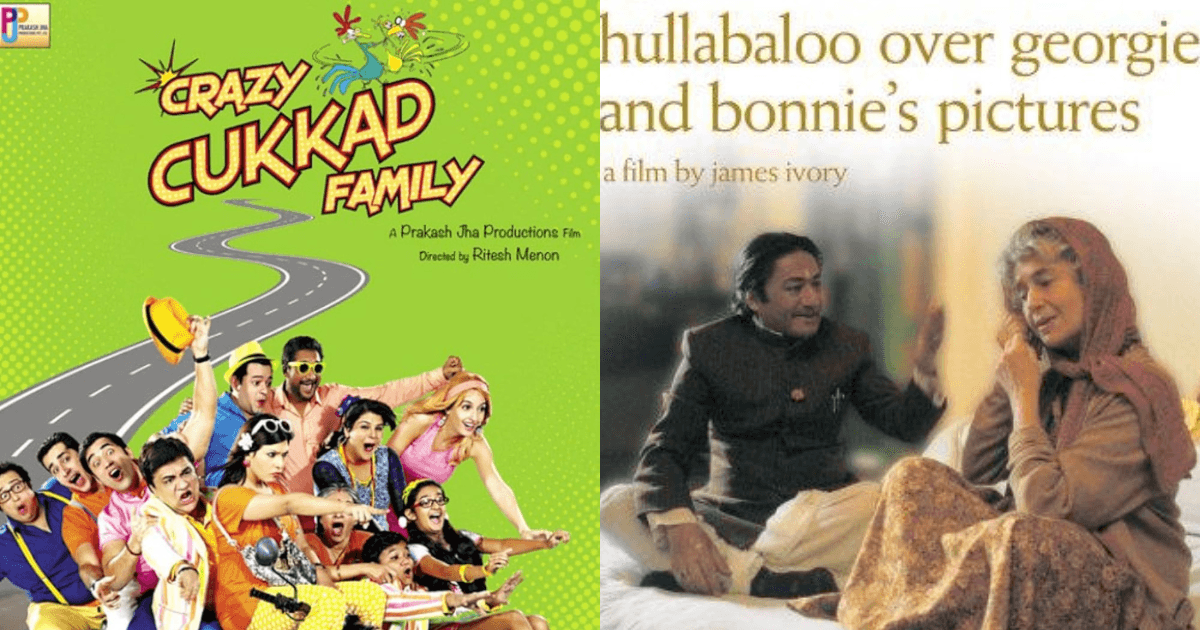If we come to think of it, parenting isn’t the easiest task. At some point or the other, we put our parents on a pedestal and expect them to be perfect – or a version of themselves that we find perfect. I know I’ve done that. While we expect the relationship to be easy, it can’t really be – there’s the generation gap and the fact that our parents come from a different place altogether.
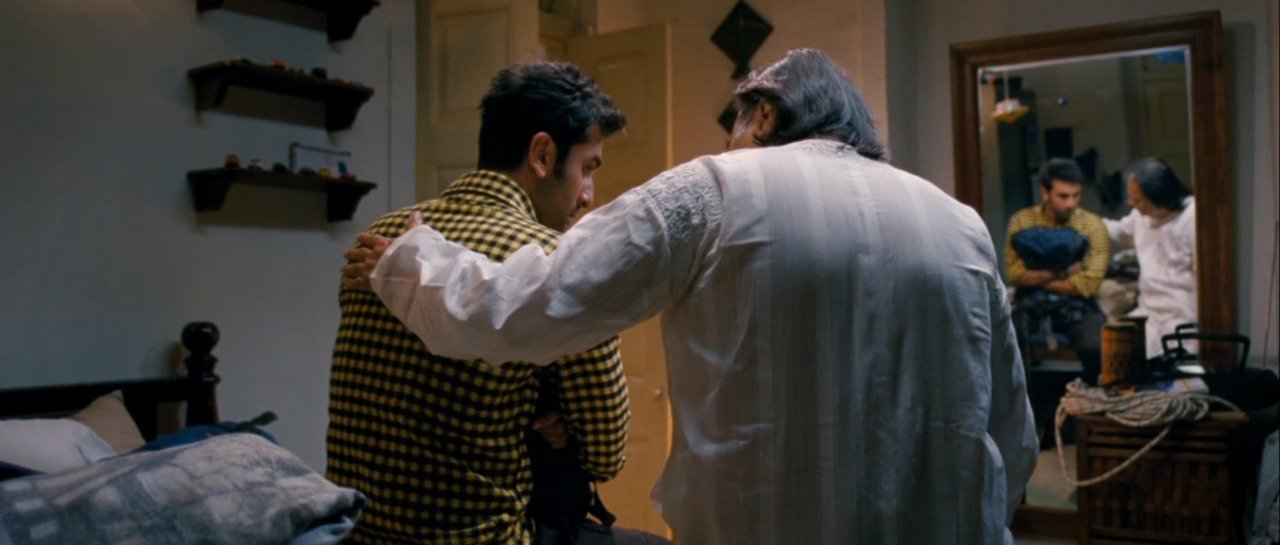
While parenting is a constant theme in most Bollywood films, there are changes in the way that these stories are being told now. Of course, it wasn’t a sudden change, instead a progression that happened with time.
Early Hindi cinema was a lot about mothers and their sacrifices, where fathers were not as involved emotionally. We saw a number of stories that revolved around mothers who lived for their children – and that’s mostly what parenting meant.
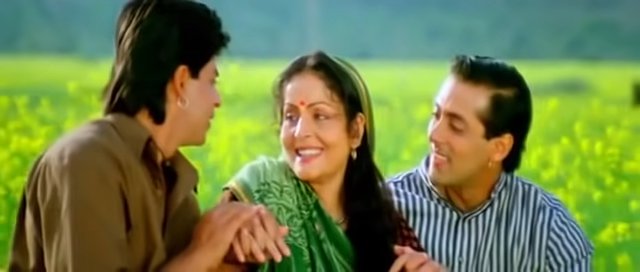
With time, it was shown as an equal responsibility – how it should be. But, a lot of these films navigated stories from a one-sided perspective, where parents were shown as the epitome of truth and what not. These portrayals were a lot about children who lacked empathy, which in-turn became about guilt-tripping and not communication. We’ve all been doubted for days every time we watched Baghban.
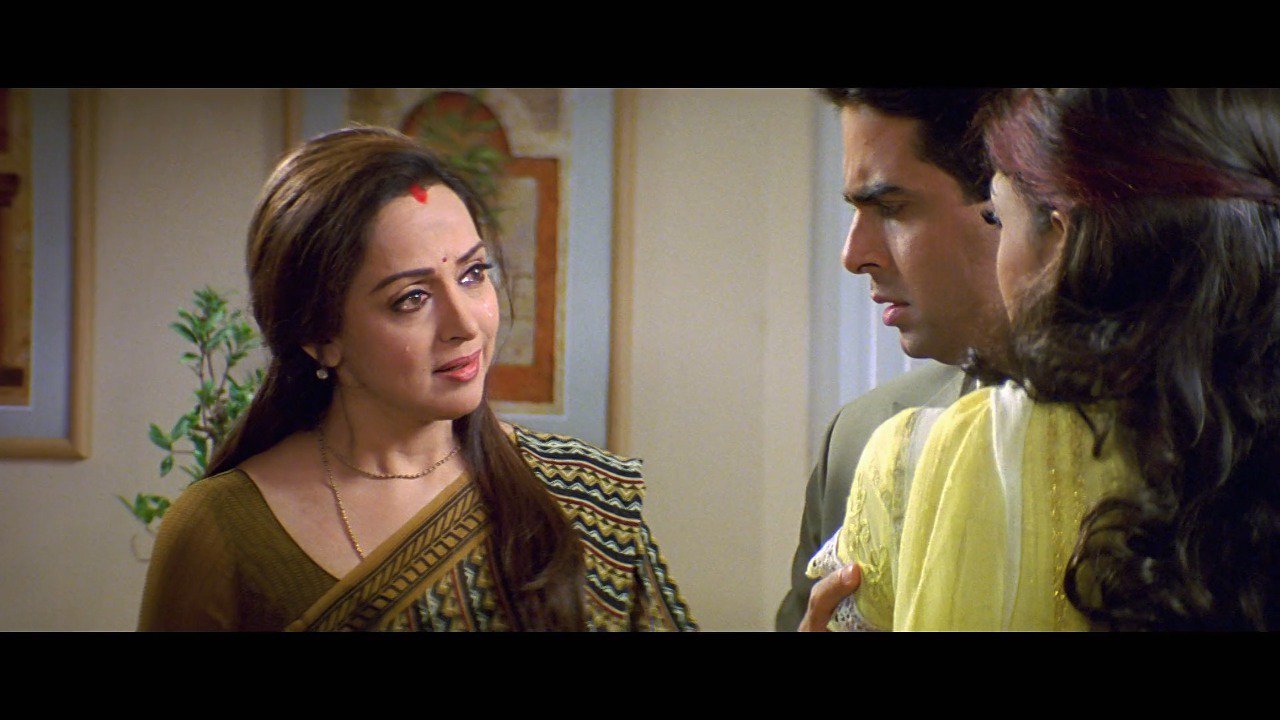
Also, wanting to make one’s own decisions was considered rebellious or disrespectful, even something to feel gulity about. Case in point: Kabhie Khushi Kabhie Gham.
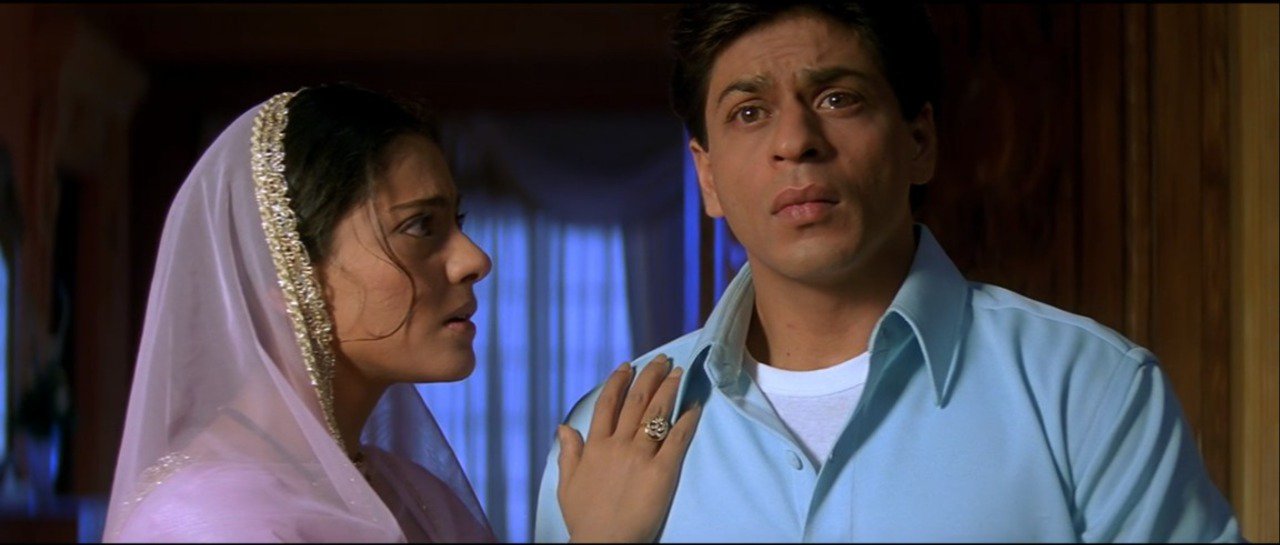
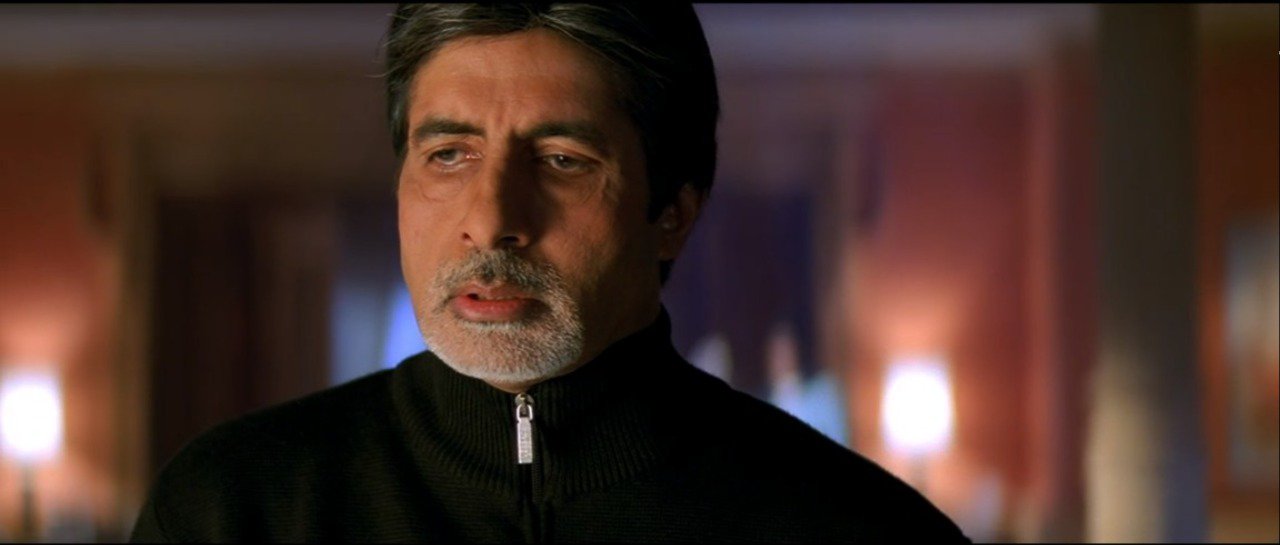
Slowly but surely these narratives have changed or evolved into stories that do not aim at victimizing parents. And, fathers are not always shown as dominant figures in the family who lack emotion. For instance, Kumud Mishra’s character from Thappad was a constant support-system, who didn’t expect a certain decision from her daughter. Even in Piku, Bhashkor and Piku come from different places, but it’s shown as something very natural, which it is.
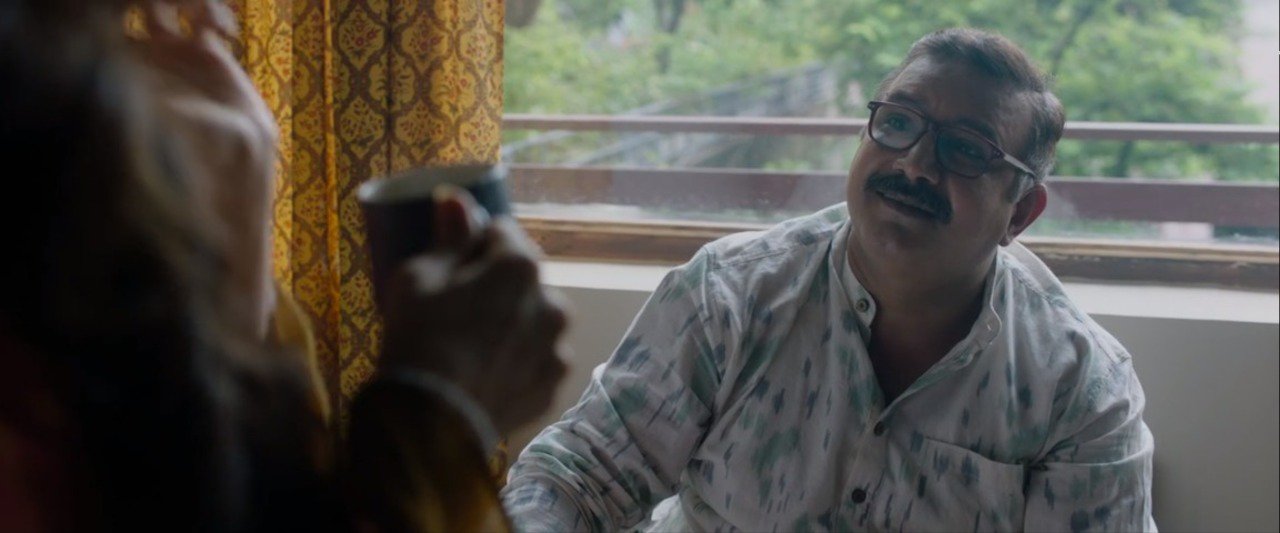
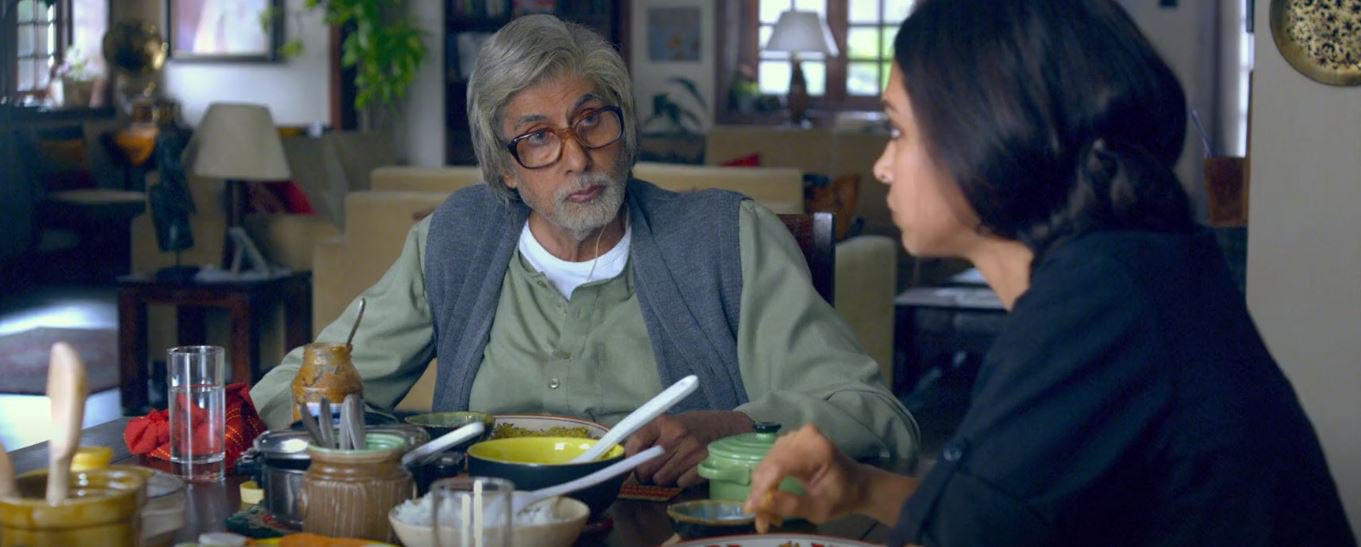
Now we see films where it’s not always the children who are schooled, but also the parents who are questioned when they’re wrong. And, this is important because that’s how things stay in balance. The scene from Dear Zindagi, where Kaira confronts her parents for making wrong choices is one example.
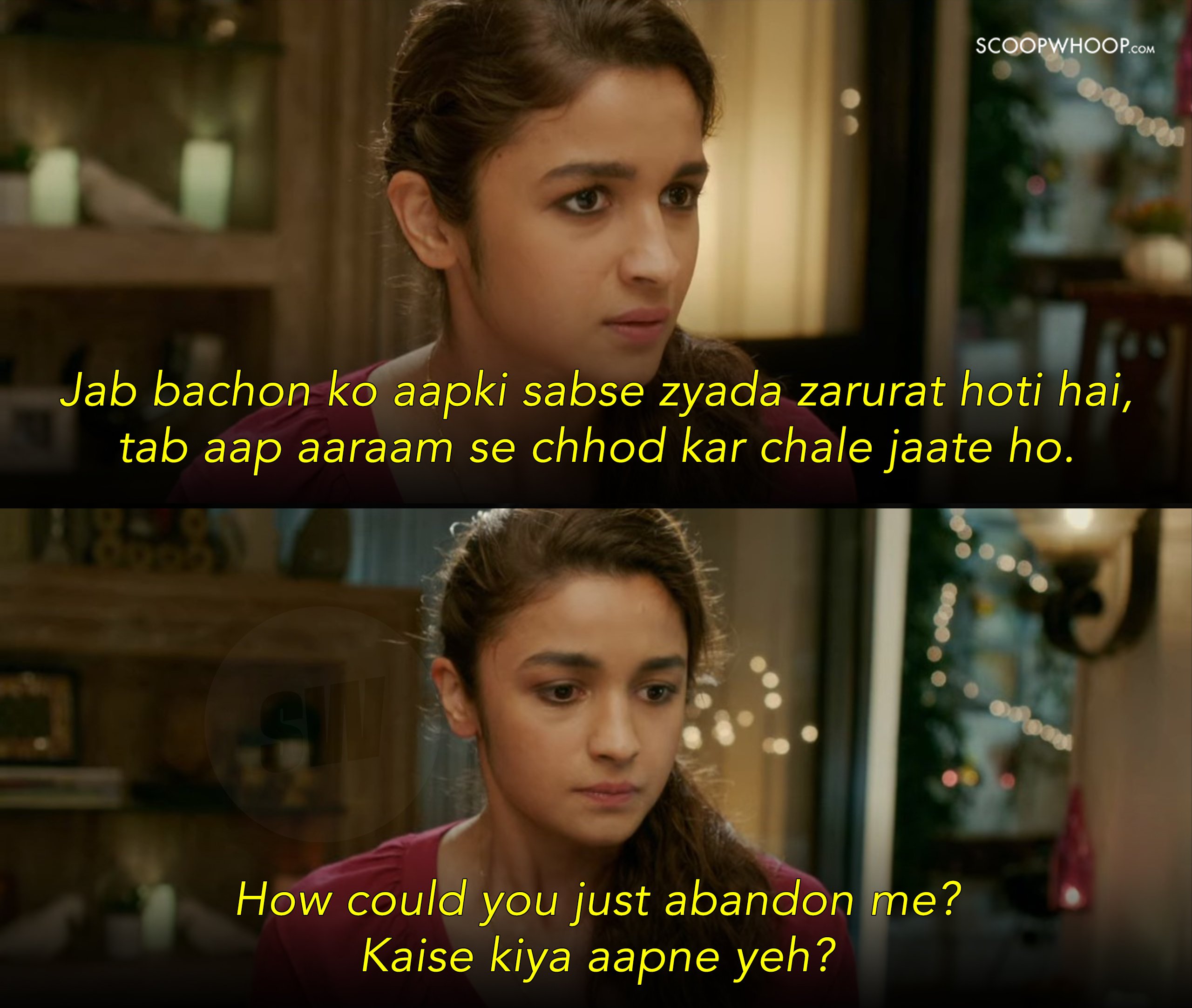
It has become more like a portrayal that requires understanding from both sides, which is honest. Movies are aiming to show parents who’re just as flawed as their children, and how that’s normal. And, the good part is, they’re no longer portrayed as ‘idols’ who expect their children to follow their path. Irrfan’s character from Angrezi Medium gave us many instances that were proof of it. His vulnerability with his daughter highlighted what their relationship meant.
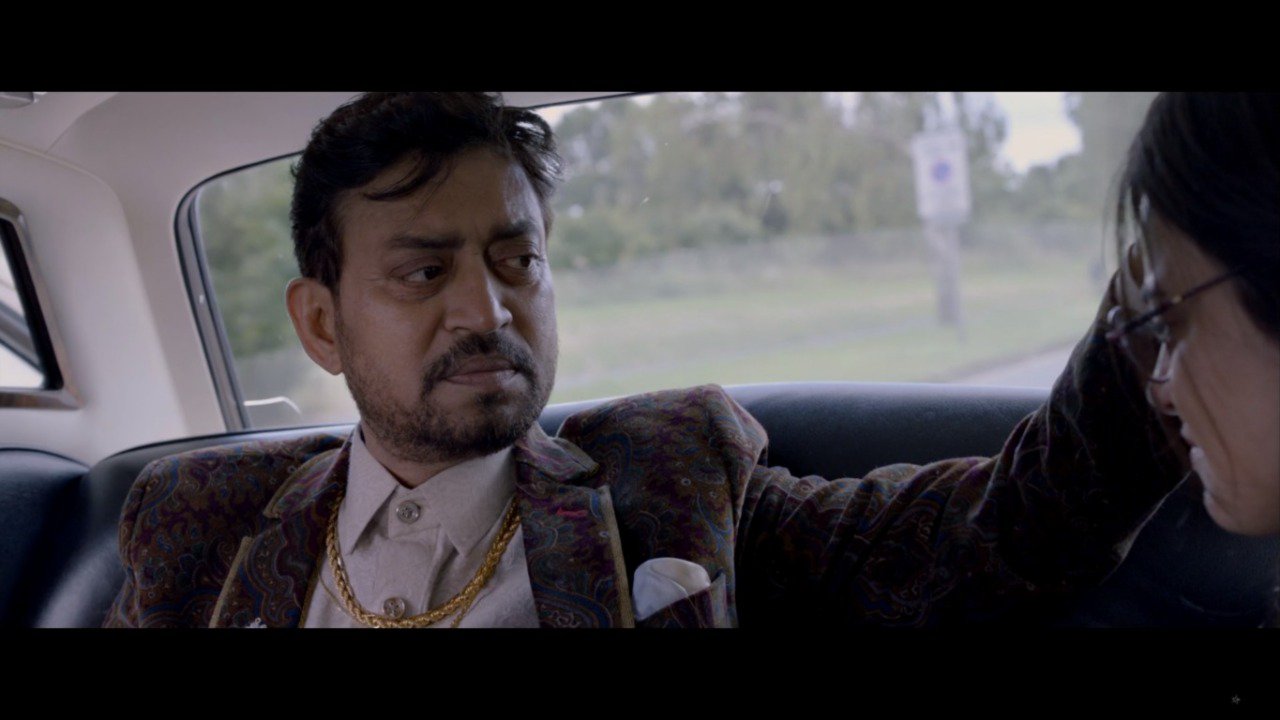
We do not want our parents to be perfect, even superheroes have flaws. But, we do want them to be able to communicate. And, a lot of Bollywood films are changing their pattern when it comes to showing this relationship, which is refreshing to watch.






